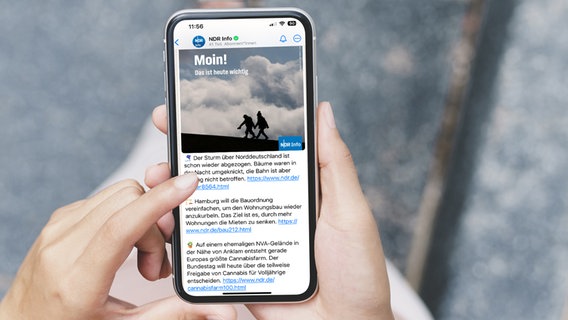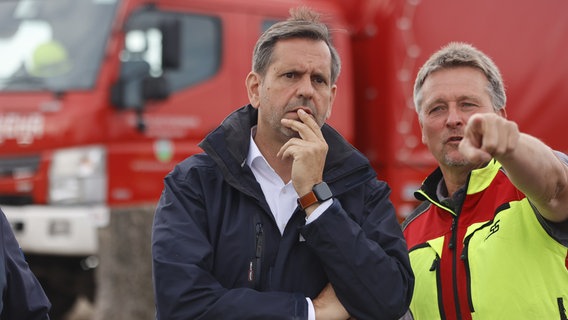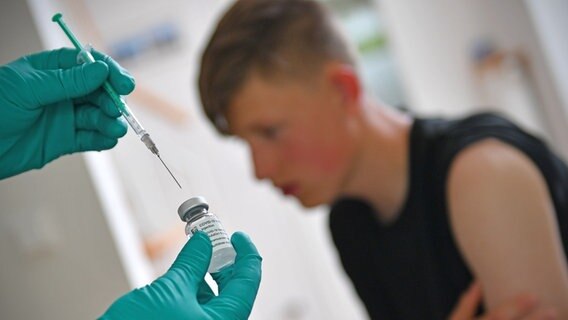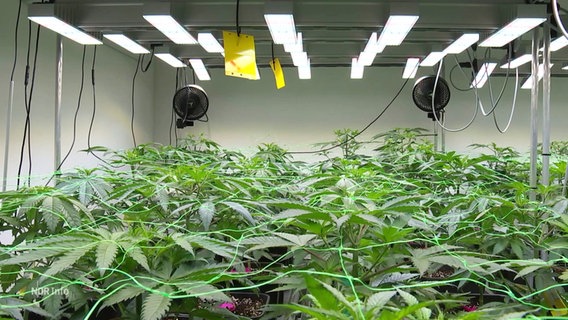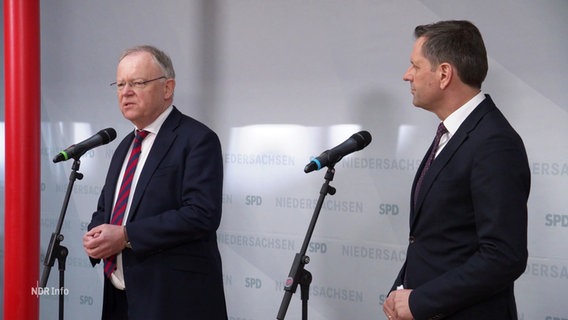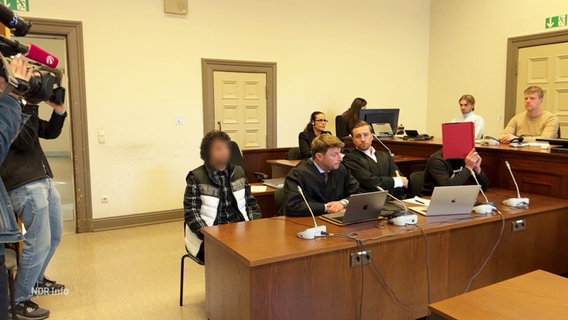Germany failed to act on World Bank resettlement failures
The German government failed to use its influence as the World Bank’s fourth largest shareholder to press the bank to address systemic flaws in its policies on resettlement, reported ICIJ’s German partners NDR/WDR German Radio & TV and "Sueddeutsche Zeitung" (SZ).
The German government expressed "great concern" about the World Bank’s resettlement policy in a written answer to the reporting team. But Germany hardly used its seat on the Bank’s executive board to vote against problematic projects, and has itself contributed funding projects in Ethiopia and Honduras that have been accused of enabling serious human rights abuses, the German reporting team found.
Germany has rejected only one project
Germany has rejected only one of roughly 600 projects that have been approved by the World Bank board since the end of 2013, according to statistics from the German government provided to the reporting team. Germany instead expressed its concerns "mainly in preliminary discussions and informal consultations," wrote a spokeswoman for the German Development Ministery, because the World Bank preferred consensual decisions and abstentions and rejections are rare.
The German development banks KfW and DEG have invested heavily in World Bank projects. KfW allotted 1.85 billion Euros for 126 projects between 2003 and 2013, including a highly controversial project in Ethiopia. KfW lent 70 million Euros for the World Bank-led PBS programme, but stopped payments on some of the loans it had approved when the World Bank got complaints alleging that the project was enabling human rights violations.
Funding for controversial palm oil producer

Germany’s state-owned DEG provided projects led by the World Bank’s private sector lending arm, the International Finance Corporation, with $733 million from 2009 to 2014. One client that DEG has financed is Honduras’ Ficohsa bank, which is a main source of funding for the controversial palm oil producer Corporacion Dinant. While DEG stopped direct funding for Dinant when a bloody land conflict broke out on its palm oil plantations, it still is continuing its support for Ficohsa. DEG has noted Ficohsa’s "great importance for the region" in response to the reporting team’s inquiries about its investment.
At an April 2015 press conference at the World Bank spring meetings in Washington DC, Germany’s World Bank executive director Ursula Mueller reacted to the German team’s reporting. Mueller said that high standards for resettlement projects needed to be implemented and monitored in the future. "All executive directors feel responsible for bringing this more into the bank’s focus than in the past," she said.


